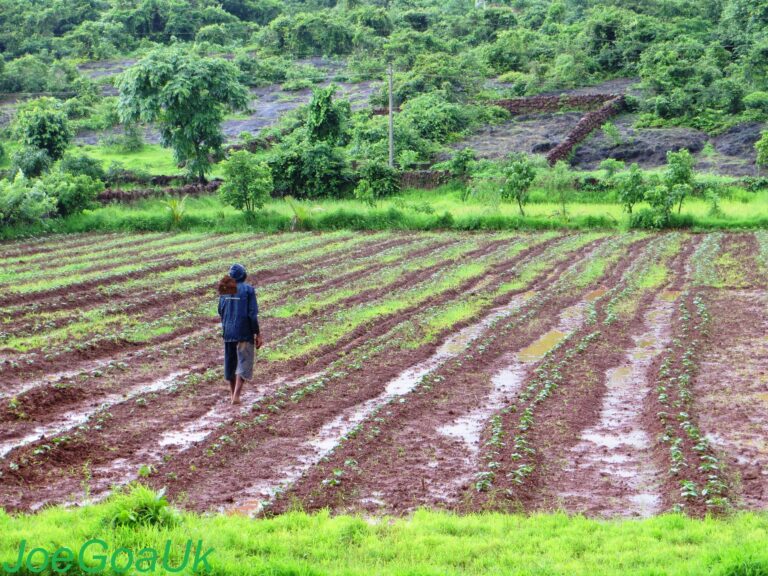Future of Food
Our food system is a complex web encompassing the entire range of activities involved in production, aggregation, processing, distribution, consumption and disposal of food products that are linked to agriculture, forestry, fisheries and other associated economic, social and natural environments. Current food systems have become unsustainable as they are ineffective in addressing challenges of regional inequalities and food insecurity while at the same time contributing heavily towards environmental damage and resource depletion. There is an urgent need for transitions that are not only healthy, circular and resource-efficient, but also socially inclusive and culturally relevant.
Emerging Technologies
Global food consumption is increasing steadily, creating enormous stress on agricultural production. Technological solutions such as precision farming, hydroponics, agricultural mechanisation and use of software-based solutions for farm management are gaining popularity. Furthermore, advances in biotechnology - particularly in the areas of genetic engineering, tissue culture, molecular diagnostics - have opened new fronts in the field of agriculture. While these interventions are touted as an inevitable way forward, the socio-economic and ecological implications of these interventions are not fully understood and there is already significant pushback from activists on their implementation. How do we evaluate these technological interventions and promote solutions that are just, equitable and environmentally sustainable?
Food and Livelihoods
While there is an immediate need for a major revamp in the food production and distribution systems, many of these transitions will impact the livelihoods of millions in India who depend on them. Rapid privatisation and mechanised agricultural practices are already impacting several vulnerable populations including marginal farmers and pastoral communities. Livelihoods of coastal communities are threatened by the risks posed due to climate change. How do we reimagine, map and conceptualise these futures of food systems that ensure equitable and sustainable livelihoods?
Ecological and Climate Linkages
Modern food systems and climate change are impacting each other in complex ways. On the food production side, the rise in global temperatures and unpredictable weather conditions are impacting crop production; and at the same time unsustainable practices such as excessive resource utilisation in agriculture, fishery and animal husbandry practices are contributing to more carbon emissions. In our globalised food system, the distribution patterns are heavily influenced by the rapidly changing consumption patterns- all of which are contributing to carbon emissions. How do we offset these carbon emissions and further deploy climate-adaptive practices that benefit those who are the most vulnerable?
Edible Cities
By 2050, nearly 60 percent of the Indian population is projected to be living in urban areas according to government data. This dramatic urbanisation is going to impact food systems, their availability and access. The way these future cities access and consume food is a massive lever for global changes to food systems and their environmental impact. Although there are trends towards growing food in urban spaces, the outcomes and impact of these trends are yet to be studied and contextualised. How can we imagine these urban communities and commons as spaces for food production, and perhaps nudge these spaces to bring nature back into the cities?
We are investigating how food and agriculture are being impacted by the coronavirus crisis and lockdown in Goa
We are investigating how labour is being impacted by the coronavirus crisis and lockdown in Goa.


